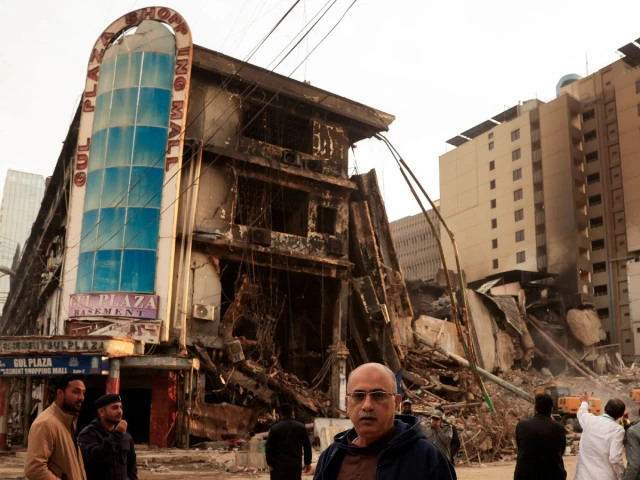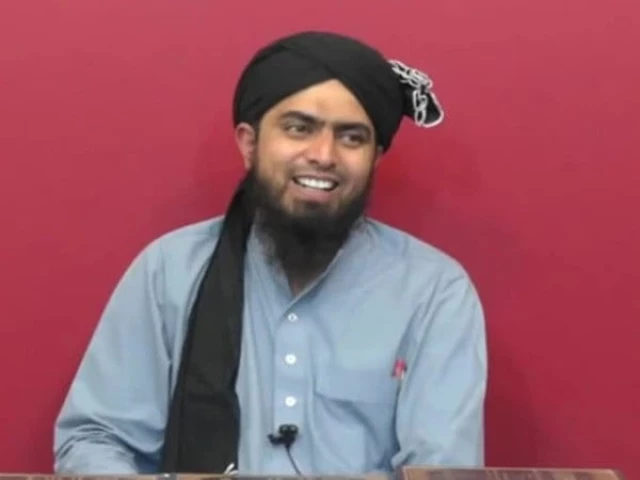Muhammad Imran, 56, a crockery shop owner who survived, looks on following a massive fire that broke out in the Gul Plaza Shopping Mall in Karachi on January 23. Photo: Reuters
Category: 1. Pakistan
-
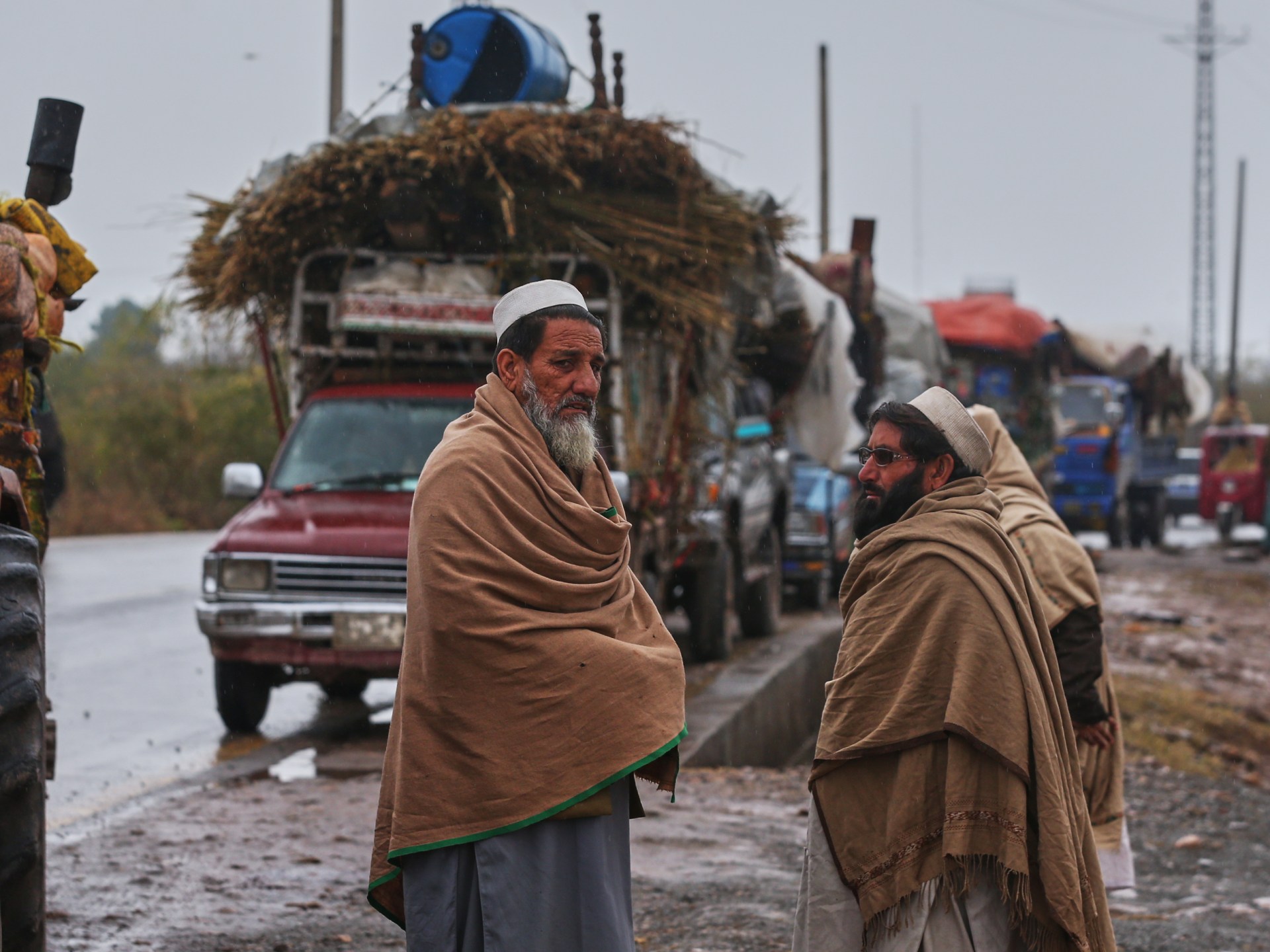
Tens of thousands flee northwest Pakistan’s Tirah over fears | Gallery News
Published On 28 Jan 2026
More than 70,000 people, mostly women and children, have fled from Tirah, a remote region in northwestern Pakistan bordering Afghanistan, as fears grow of an…
Continue Reading
-
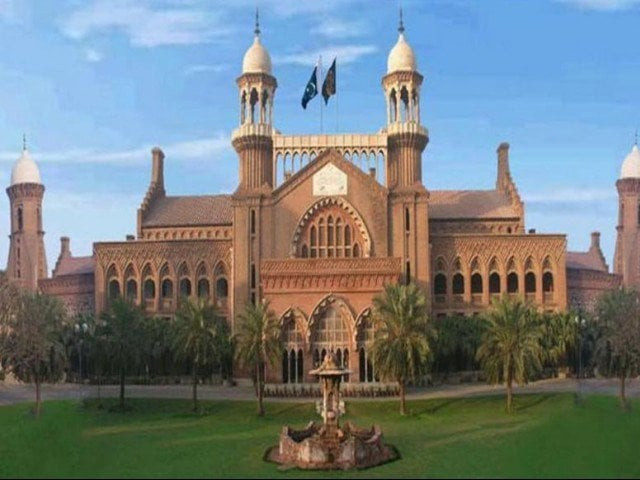
LHC seeks govt response on plea to restrict social media use by children under 16
LAHORE:The Lahore High Court on Wednesday took up a petition seeking…
Continue Reading
-
PM reaffirms determination to eradicate polio – RADIO PAKISTAN
- PM reaffirms determination to eradicate polio RADIO PAKISTAN
- Pakistan renews resolve to eradicate polio this year Dawn
- PM vows to eliminate polio with Gates Foundation support The Nation (Pakistan )
- Rotary grant backs WHO effort to vaccinate 27…
Continue Reading
-
LHC seeks govt response on plea seeking to ban social media for under-16s – Dawn
- LHC seeks govt response on plea seeking to ban social media for under-16s Dawn
- Social media ban for children under 16 sought in Pakistan The Nation (Pakistan )
- Pakistan May Also Put an Age Limit on Social Media ProPakistani
- HRCP flags chilling…
Continue Reading
-

IHC extends suspension of blasphemy opinion against Engineer Mirza
Summary
- The court also directed that the attorney general must appear and assist the bench at the next hearing.
- During the hearing, the court observed that the attorney general did not attend despite earlier instructions.
- Justice Kayani reminded the…
Continue Reading
-

8171 SMS Service Check CNIC Status 2026 – Complete Payment & Eligibility Guide
The 8171 SMS service remains one of the most trusted and widely used systems in Pakistan to check CNIC status, payment eligibility, and installment updates for BISP and Ehsaas-related programs. Even in 2026, millions of beneficiaries rely on this…
Continue Reading
-

Imran Khan’s chances of early release shrink further
Summary
- Khan’s legal team had earlier faced challenges in the Al-Qadir Trust case, where he and Bushra received 14-year sentences.
- Senior party figures privately admit that unless there is extraordinary judicial intervention, Khan’s legal…
Continue Reading
-
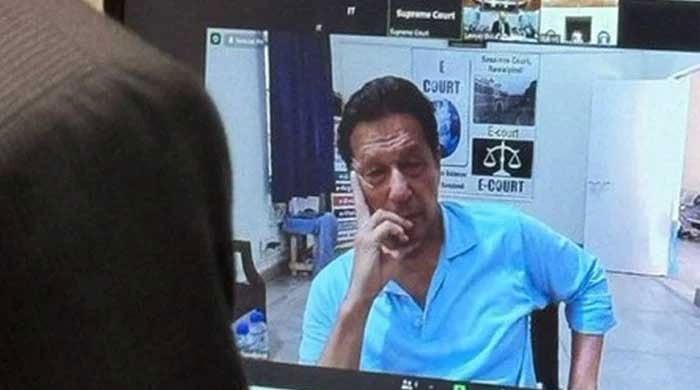
Conviction after conviction shrinks Imran Khan’s chances of securing release
Image released by Pakistan Tehreek-e-Insaf (PTI) shows former prime minister Imran Khan during his appearance at the Supreme Court on May 16, 2024. — PTI - Imran, Bushra remain imprisoned under multiple…
Continue Reading
